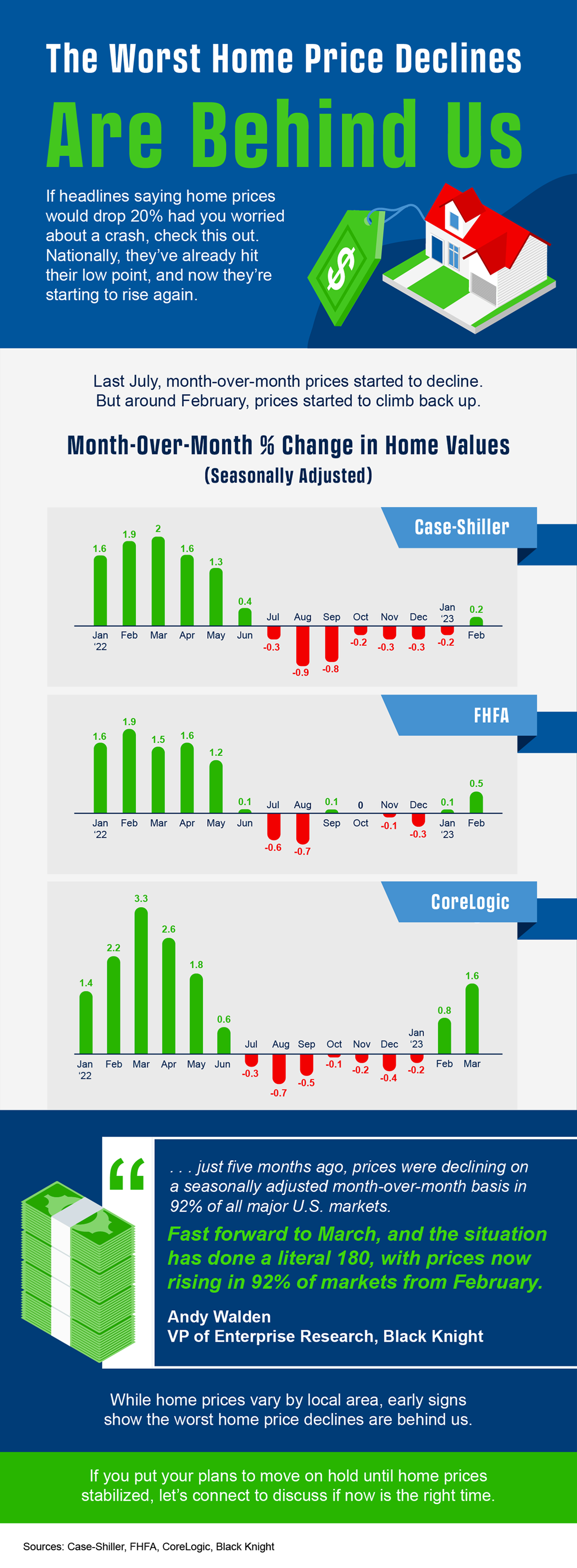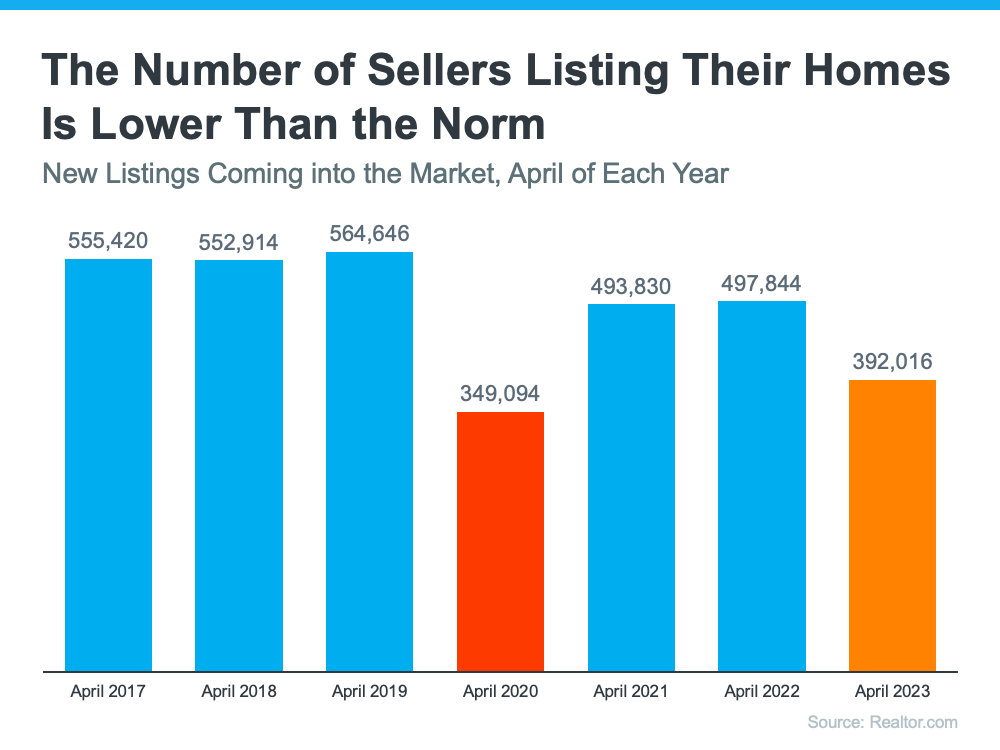
For many of us, visiting the same vacation spot every year is a summer tradition that’s fun, relaxing, and restful. If that sounds like you, now’s the time to think about your plans and determine if buying a vacation home this year makes more sense than renting one again. According to Forbes:
“. . . if the idea of vacationing at the same place every year makes you feel instantaneously relaxed, buying a vacation home might be a wise move.”
To help you decide if making a move like this is right for you, let’s explore why you may want to consider purchasing a vacation home today.
Benefits of Owning Your Vacation Home
You don’t have to worry about finding a place to stay. It can be a challenge to find a rental where you want, when you want. Some summer vacation destinations are more popular than others, meaning your favorite place may be booked up in advance. Bankrate explains why owning your vacation home means you don’t have to worry about that sort of inconvenience:
“. . . a second home can offer a place to have quality time with your family and ensures that you always have a vacation destination.”
It’s an investment. Home values typically appreciate over the long haul. That holds true for your vacation home as well, especially if it’s in an area with growing market demand. This can help grow your net worth with time.
Vacation homes may provide tax benefits. If you own a vacation home, you may be eligible for tax deductions based on where it is. However, before buying, you’ll want to consult with a tax professional to discuss first as taxes can vary by location.
It could potentially turn into a retirement location. If you love the location of your vacation home, you could potentially sell your primary residence and retire there in the future.
How a Pro Can Help You Find Your Perfect Match
As you’re preparing for summer vacation, remember, you could potentially visit your second home instead of another rental unit or hotel. If that sounds appealing to you, a
local real estate agent is your best resource. They have the knowledge and resources to help you understand the area and what vacation homes are available in your budget. Plus, these agents can explain the perks of how owning a second home can benefit you.
SBottom Line
If any of these reasons for owning a vacation home resonate with you, reach out to a trusted real estate agent. You still have time to enjoy spending the summer in your vacation home.
Source: Keeping Current Matters

 Follow
Follow
![The Impact of Changing Mortgage Rates [INFOGRAPHIC] Simplifying The Market](https://files.keepingcurrentmatters.com/content/images/20230518/The-Impact-of-Changing-Mortgage-Rates-KCM-Share.png)
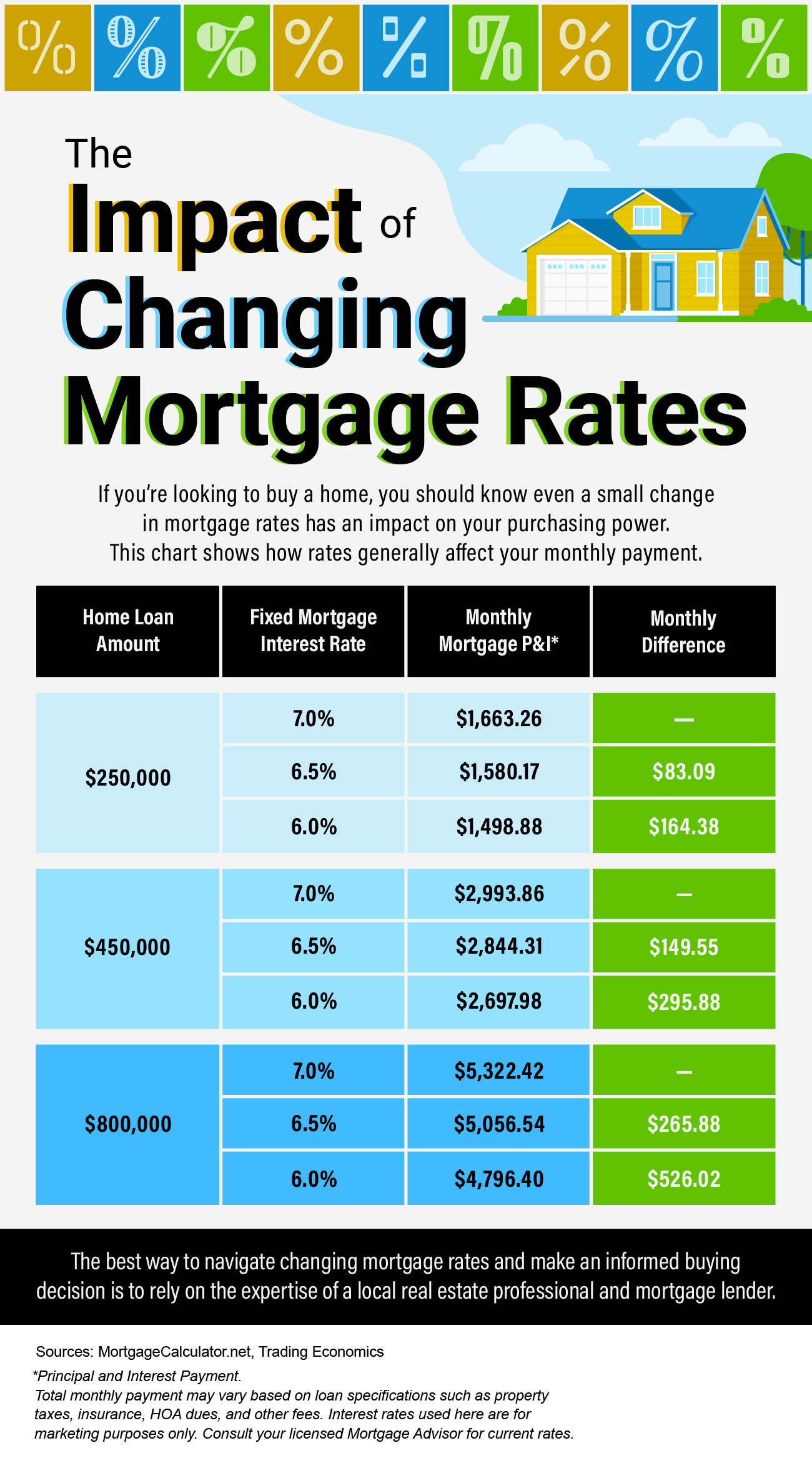

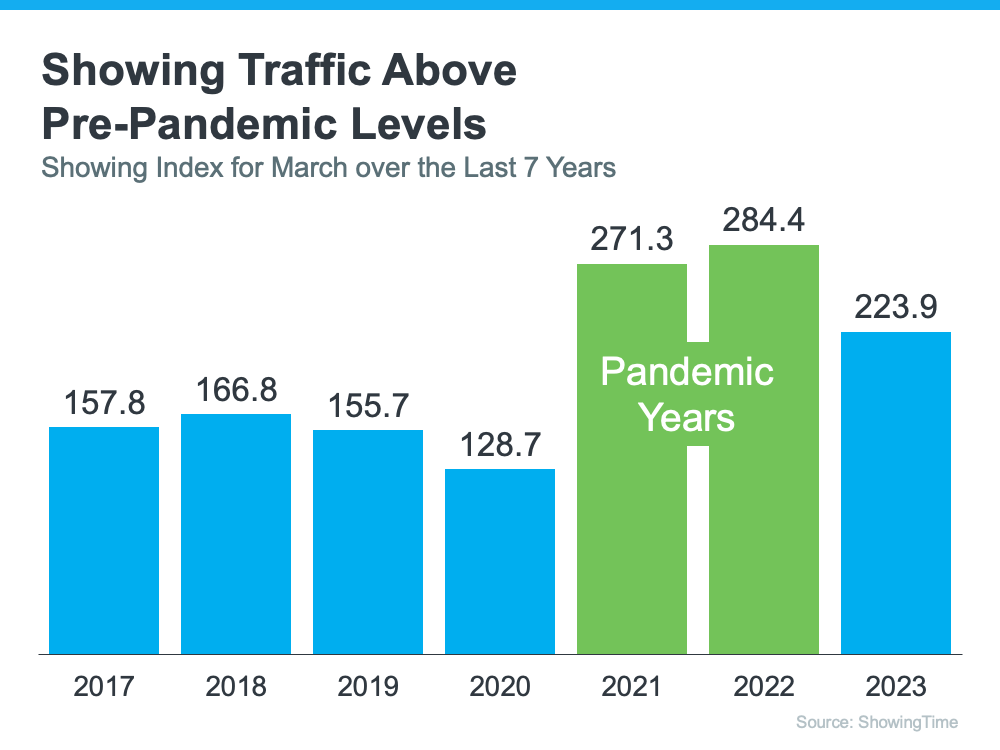
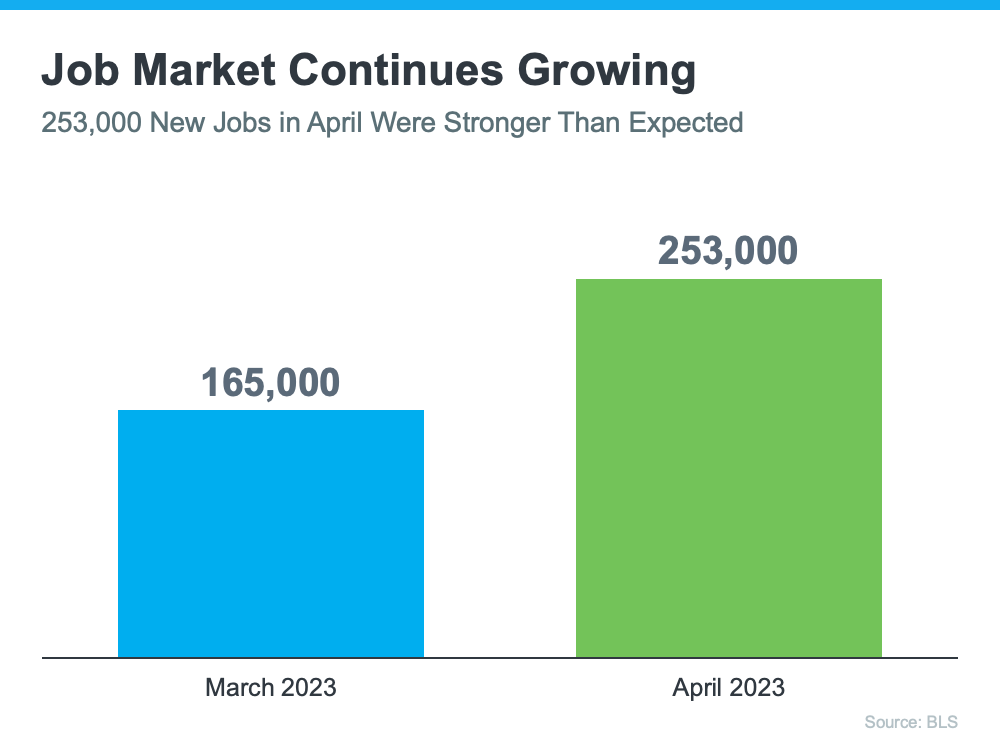
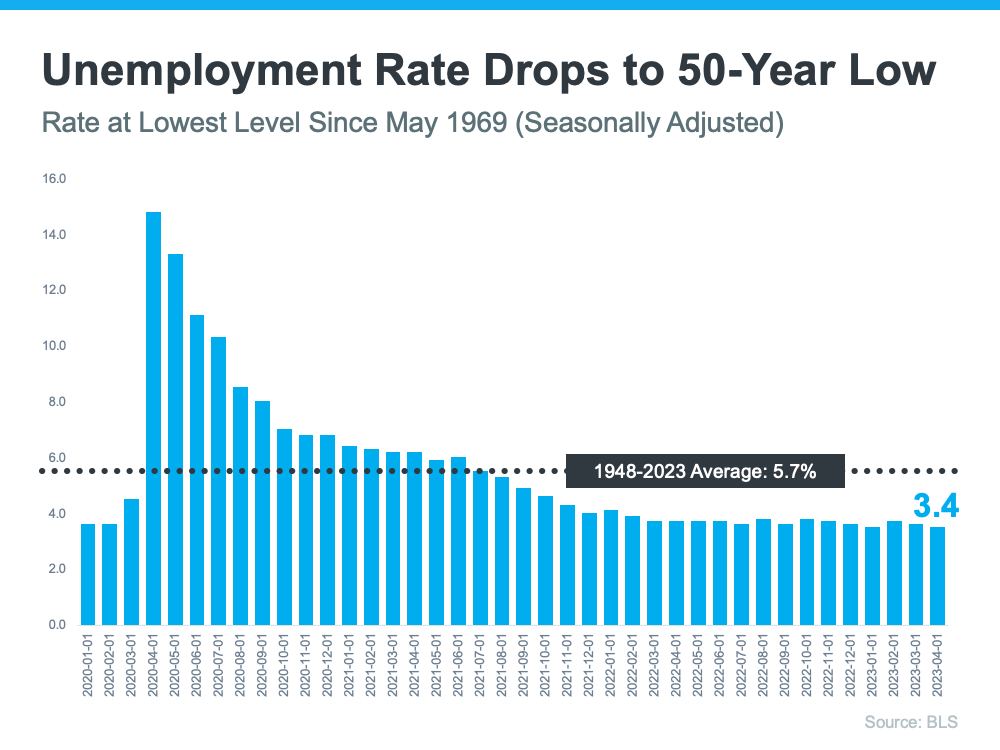


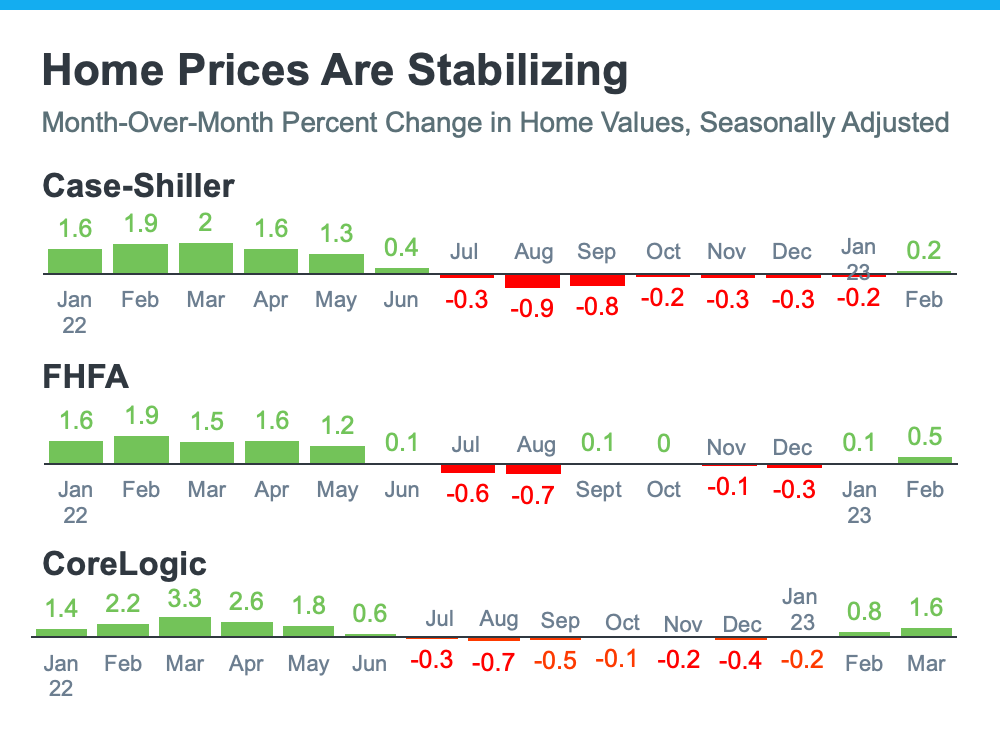
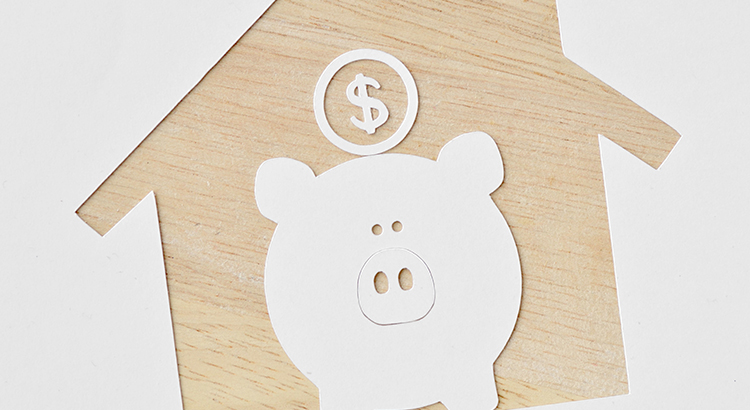
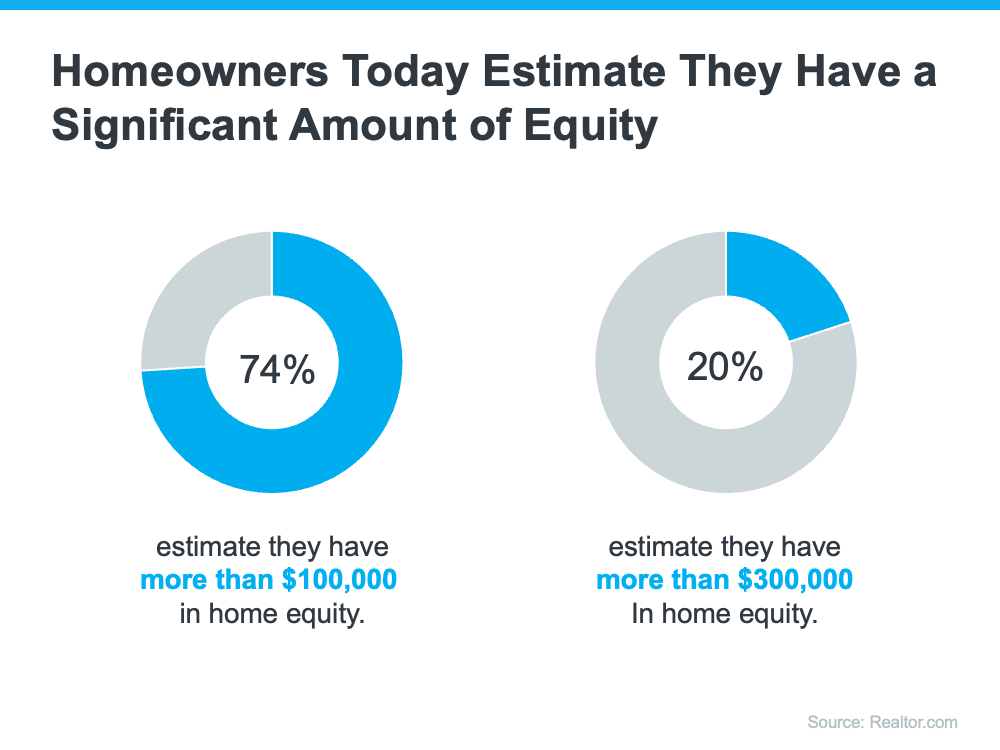
![The Worst Home Price Declines Are Behind Us [INFOGRAPHIC] Simplifying The Market](https://files.keepingcurrentmatters.com/content/images/20230511/The-Worst-of-Home-Price-Declines-Are-Behind-Us-KCM-Share.png)
